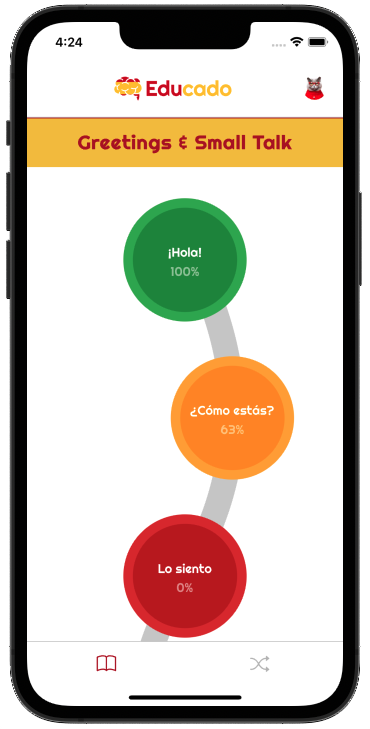How to form plurals in Dutch
In Dutch, forming plurals is relatively straightforward, but it depends on the ending of the singular noun. The most common ways to create plurals in Dutch are by adding -en or -s to the end of the noun. Understanding when to use each ending and recognizing irregular plurals are key to mastering Dutch nouns.
Plural Endings: -en and -s
1. Plurals Ending in -en
The majority of Dutch nouns form their plurals by adding -en to the singular form. Here are some general rules and examples:
-
If the noun ends in a vowel or a consonant that is not a silent 'e':
- boom (tree) → bomen (trees)
- tafel (table) → tafels (tables)
-
If the noun ends in a single vowel followed by a consonant, double the consonant:
- kat (cat) → katten (cats)
- pen (pen) → pennen (pens)
-
If the noun ends in a vowel that is pronounced long (often indicated by a double vowel), drop one of the vowels:
- raam (window) → ramen (windows)
- stoel (chair) → stoelen (chairs)
2. Plurals Ending in -s
Some nouns form their plurals by adding -s. This usually applies to nouns that end in an unstressed vowel or a diphthong:
-
Nouns ending in an unstressed vowel (a, e, o, u, y):
- auto (car) → auto's (cars)
- foto (photo) → foto's (photos)
- baby (baby) → baby's (babies)
-
Nouns ending in a diphthong (ei, ie, ou, ui):
- taxi (taxi) → taxi's (taxis)
- kandidaat (candidate) → kandidaten (candidates)
Irregular Plurals
Some Dutch nouns have irregular plural forms, which do not follow the standard rules:
- kind (child) → kinderen (children)
- blad (leaf) → bladeren (leaves)
And to make it even more complicated, in rare cases it's even different when the meaning of the word is different:
- blad (magazine) → bladen (magazines)
Summary
- Most nouns add -en* to form the plural: boom → bomen*.
- Nouns ending in an unstressed vowel or diphthong often add -s*: auto → auto's*.
- *Watch out for irregular plurals that do not follow these patterns: kind → kinderen*.
In this lesson we're going to practice with fruits, so you will see these rules come into play. Don't worry about it too much though, at some point you will start to "feel" it and be right 90% of the time.
© Copyright Educado 2024 - All rights reserved
Educado | Opaallaan 1180 | 2132LN | Hoofddorp | Netherlands


